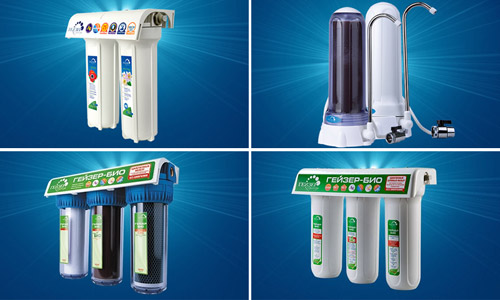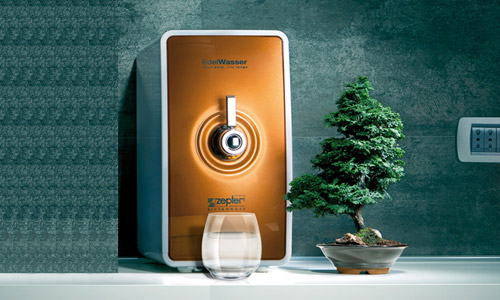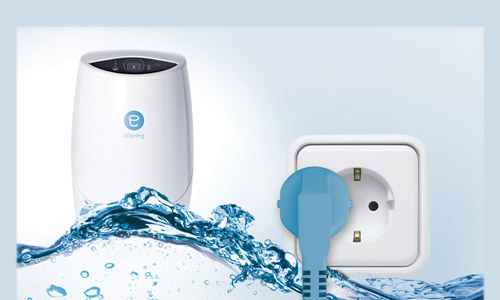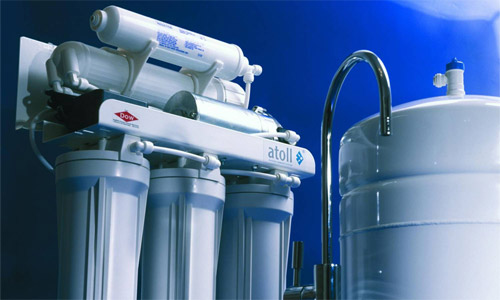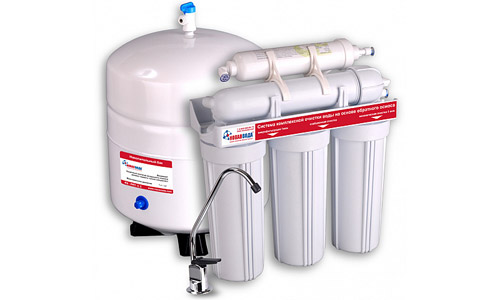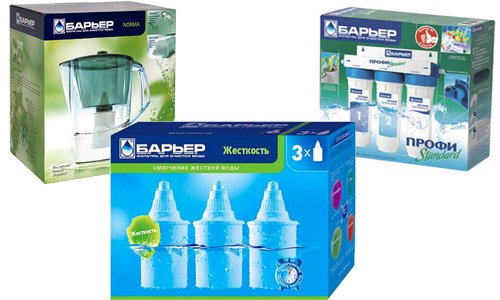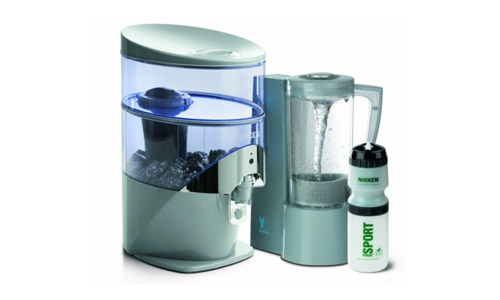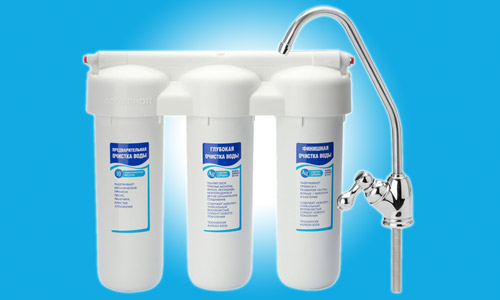Reviews of filters for water purification
Unfortunately, the quality of the water supplied centrally leaves much to be desired, and it is too expensive to order bottled water. An alternative is to use special filters for water purification, reviews of which you will find on this page.
Water purification methods and their features
Mechanical method, the simplest and least effective. Used to remove solid particles between 5 and 50 microns in size. For this, metal and polymer nets are used. It is usually used as a rough cleaning in combination with other types.
Ion exchange type cleaning. A specific method that is used to “soften” water, that is, to remove dissolved metal ions from it: Fe, Mg, Ca, Mn. For this, special substances are used - ion-exchange resins. They come in natural origin: zeolite, sulfonated coal or artificial. The latter are more durable and conduct deeper ion exchange.
Reverse osmosis. The essence of the method is to run water under pressure through a complex of special semi-permeable polymer membranes, each of which delays a certain type of contamination. According to reviews, this water filter is able to conduct the most thorough cleaning of foreign solid impurities, chemicals and microorganisms.
Biological type of treatment, with the help of microorganisms, is practically not used in household filters because of its duration and complexity in servicing filter systems.
Physicochemical. It is used in combination with a mechanical method. It uses a special absorbent cartridge that selectively absorbs only specified substances.
Electric. It is mainly used to remove oxidizable contaminants: chlorine, iron, manganese, heavy metal salts, hydrogen sulfide, organochlorine compounds.
The feedback left by users will help you understand which water filter is best, but combined and hybrid systems using several types of cleaning will benefit. Efficiency depends on the quality of the materials used and the intensity of operation.

